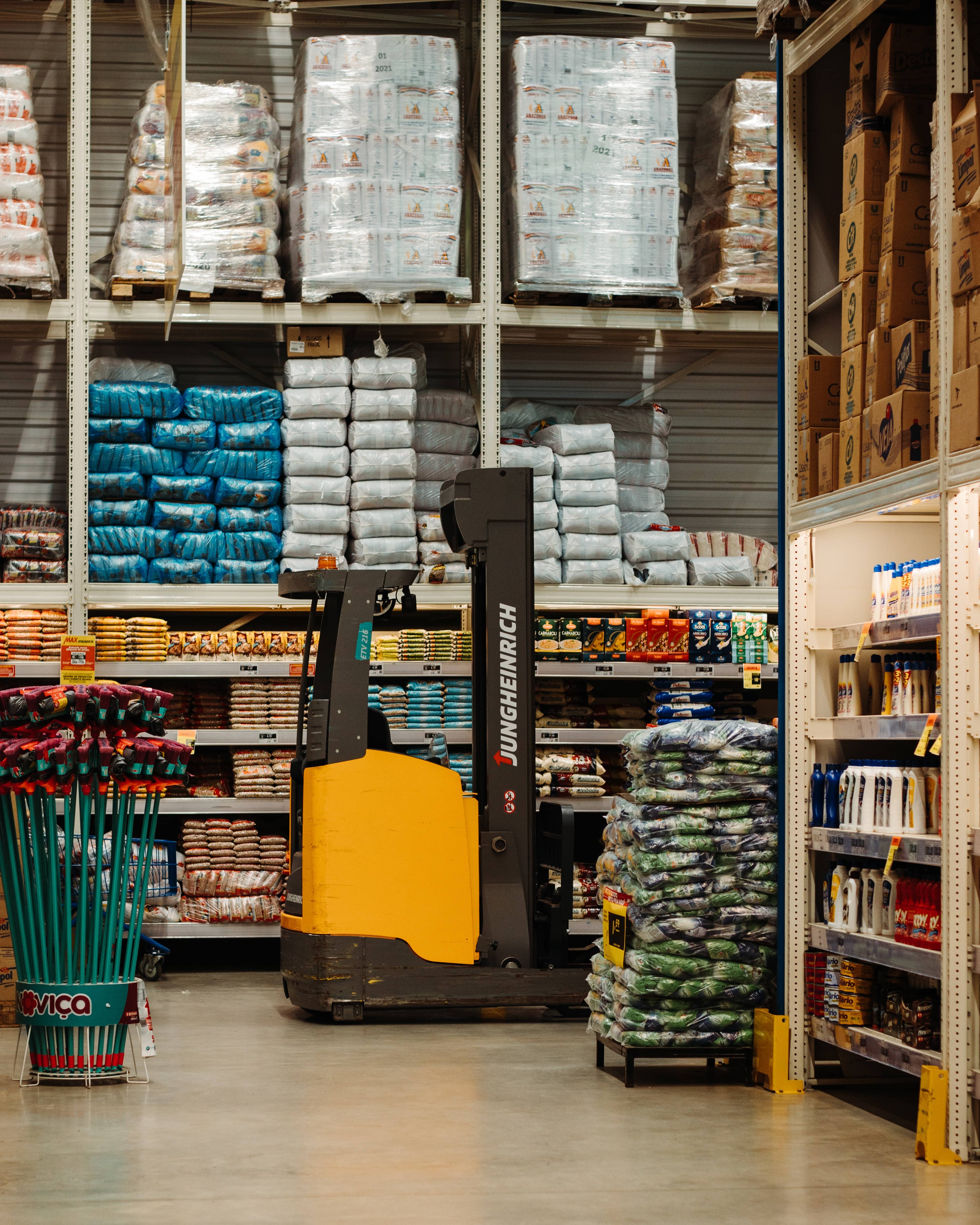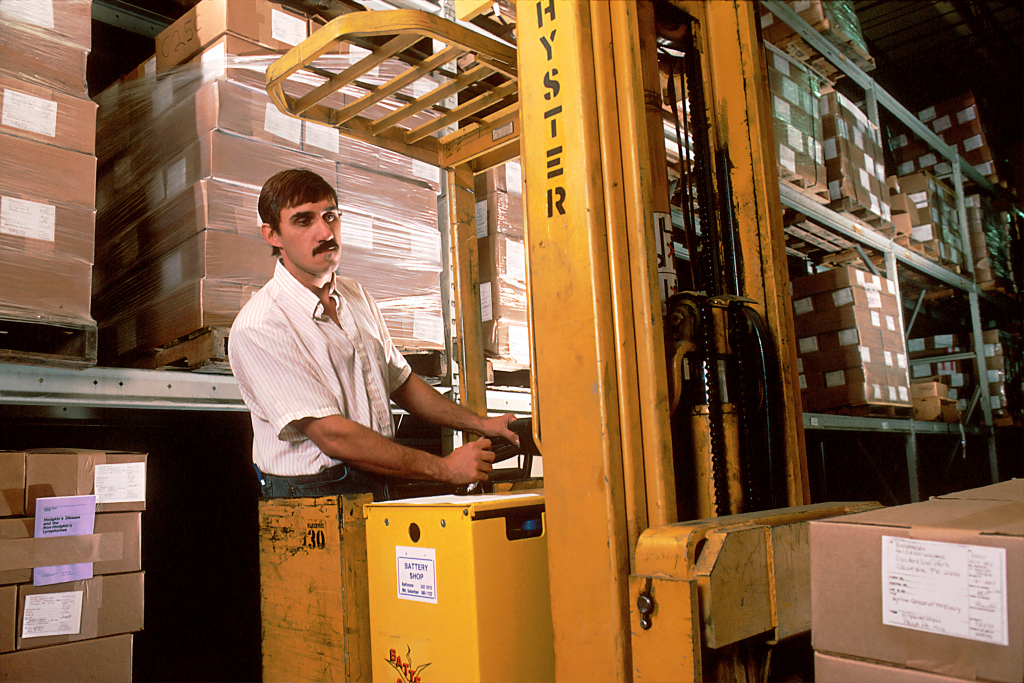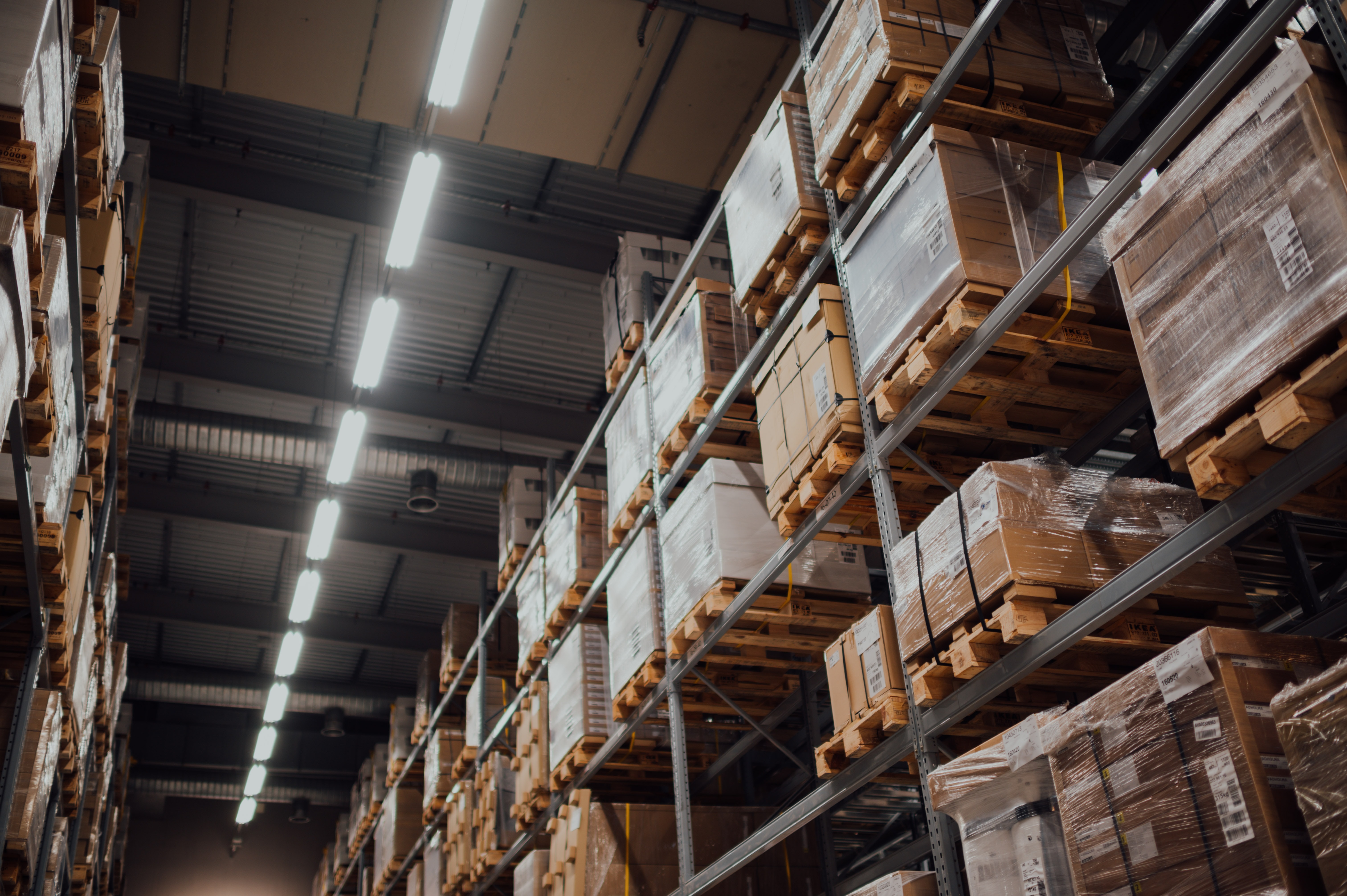We all heard of warehouses as the places where different goods are stored before being transported forward on their way to customers.
However, when it comes to bonded warehouse definition, most of us would stumble upon this word combination for sure.
So today we will explain the meaning of the bonded warehouse, give the basic distinctions between it and non-bonded warehouses, as well as give the definition of a so-called custom bonded warehouse, too.
Bonded Warehouse Meaning
Shortly speaking, a custom bonded warehouse is a special secure zone where one can store, export, and import goods. The major benefit (and distinction) of it that makes it different from, let’s say, a non-bonded warehouse is that at the customs warehouse, one must not pay taxes on the goods and have those inspected immediately. It is allowed to defer the payments until goods are bought. Also, such a location is fully equipped with all types of machinery and facilities to ensure that any type of cargo can be stored properly.
For most of us, a custom bonded warehouse sounds like something not from this planet. Indeed, if you are not closely in touch with the sphere of trading and worldwide (or, at least, international) shipping, you might not even need to use this term.
But for those who are at the beginning of their business career, who plan to trade worldwide, and who need to be aware of all the terms and regulations of the shipping and trading process, a bonded warehouse is something you will hear about many times. And this is why it’s good to know what it is, and what makes it distinct from other types of storage of this kind.
Benefits Of Bonded Storage
So, as you could already understand, using bonded warehouses gives trade companies certain advantages. For instance, they can be sure that their goods are well taken care of, as well as safely and legally delivered to the customers. But except for that, all the goods that are stocked at such warehouses are properly documented, secured, and under customs law.
However, these are not the only benefits of using this sort of warehouse.
- The importer needs to pay no duty until the goods are released to be delivered to the buyer. It gives the importer full control over the payment. Also, if it so happens that the goods go unsold, they can still be exported without the need of paying the duty.
- Bonded warehouses allow you to store restricted items safely until the time comes to send them out.
- Such facilities are so equipped that different kinds of storage can be handled. They have all sorts of machinery, for instance, forklifts Mars Forklift Hire , to be able to transport goods of different weight. As an example, a properly equipped bonded warehouse can store any type of goods for as long as it is needed. They even have freezers and dry containers for foods that require specific storage conditions (e.g. perishable food items)!
- If you store your items in such a warehouse, you receive a bond. It ensures that you will not have any monetary loss when you receive the shipment after the taxes are paid.
- The bonded warehouse authorities offer different logistics solutions and can handle deliveries, distributions, and more.
Thanks to such advantages that a bonded warehouse provides, traders mostly prefer this way of storage for their goods.
Nevertheless, several other alternatives exist.

What Are Non-Bonded Warehouses?
Unlike bonded warehouses, a non-bonded warehouse is a storage location on which the duty is paid already. Also, they have no deferred payment model being supervised by the port authorities instead of custom authority.
But except for this major difference between a bonded and non-bonded warehouse, there are several others that make these two types of storage distinct.
Non-bonded warehouses are not good for storing goods long-term since it implies additional costs. With custom bonded ones, you don’t have to pay extra if you stock your goods even for several years!
Bonded warehouses save you money since you don’t pay duties until your cargo sets for the final destination. Like that, the importer can save up to 30% of taxes! With a non-bonded warehouse, this is impossible.
Bonded warehouses allow you to store restricted items as long as you need it providing the cargo with all the necessary storage conditions. Non-bonded warehouses, on the contrary, have strict time limits when it comes to keeping things like that.

To better see the differences, check out the bonded vs non bonded warehouse chart below:
[table id=134 /]
In general, a bonded warehouse is a more stress-free option since it’s importer-friendly.
You can be sure your cargo is safe and properly stored, you have no time limits for keeping it there, and you have more than comfortable monetary conditions.
[wp-faq-schema title=”Frequently Asked Questions”]

Can anyone tell me: what are the types of bonded warehouses? I’m new to all this trading and storage stuff, but our family is sending away some stuff and we think we might need to leave it in some sort of storage…Does anyone know the difference?
Hi! As far as I know, there are bonded and non-bonded warehouses. The difference is that the bonded warehouse is way more customer-friendly in terms of storage and monetary conditions, taxes, etc. You can store your cargo there as long as you need, for example. And also you don’t pay the duties until the goods are sold. But I thought that’s only for massive trading stuff, not for private use. Are you sure you need that one exactly?
Thanks for the reply!
What is a bonded shipment? Does it have anything to do with bonded warehouses?
Bonded shipment is an imported shipment on which duties, penalties, and taxes are still owing. And yes, it is connected with a bonded warehouse since those goods are stored there.
My family owns a network of rather large warehouses, and we’d like to become bonded warehouses. How to become a bonded warehouse? Does anyone know?
Well, that’s a question! You’d better ask that at a logistics service or elsewhere!